Questions
What gets you up
in the morning?
Is it an alarm clock
or is it a passion
that wakes you?
What is your
purpose for living?
Do you need one?
Why do you seem to exist?
What if you weren’t here?
What if the others
you live to serve
were actually YOU?
What if you never woke up?
What if you don’t need to?
What if you weren’t alive?
What if you don’t need to be?
What if nobody cares
if you’re here or you’re not?
Would you feel better
or worse
about your seeming self?
Why do you need
to feel better or worse?
Why do you care?
Why do you
feel the need to answer
any of these questions?
Can you be THIS
without feeling
the need to be THAT?
We are Space Monkey.
2/23
Space Monkey Reflects: Exploring the Depths of Existential Inquiry
Questions, at their core, are the gateway to self-awareness. They pry open the doors of perception, challenging the narratives we cling to and inviting us to explore the vast terrain of existence. Yet, these questions do not necessarily demand answers; their power lies in the journey they provoke rather than the destination they suggest.
What Gets You Up in the Morning?
This question seems deceptively simple. It asks us to reflect on whether we rise out of habit, obligation, or a deeper sense of purpose. For many, the answer shifts day by day. Some mornings are propelled by passion; others by the mechanical beep of an alarm clock. Yet, what if the act of rising itself—the movement into a new moment—is its own purpose, independent of external motivators?
Do You Need a Purpose?
The search for purpose is one of humanity’s great obsessions. We create stories, roles, and goals to anchor ourselves, to justify our existence. But what if we let go of the need for purpose? What if life is not a problem to be solved but an experience to be embraced? To live without a defined purpose may feel unsettling at first, but it offers a profound freedom—a chance to simply be.
Why Do You Exist?
This question strikes at the heart of existence. Is there a reason for your being, or is existence itself its own justification? The mind, ever eager to assign meaning, struggles with the possibility that life might simply be. Yet, in this simplicity lies a quiet beauty: the recognition that existence does not need a reason to matter.
What If You Weren’t Here?
Imagining a world without yourself can be humbling. It reveals the impermanence of our presence and challenges the ego’s need for significance. Yet, this exercise is not about diminishing self-worth; it is about understanding the interconnectedness of existence. If the “others” you live to serve are reflections of you, then your absence is not a void but a shift in the infinite dance of being.
What If You Never Woke Up?
To question waking is to question awareness. What does it mean to be “awake”? Is it simply a biological state, or is it a deeper state of consciousness? If you never woke up, would you still exist in some form? These questions remind us that the boundaries between life, death, and dreaming are far more fluid than we often assume.
Why Do You Care?
Caring is an act of connection, a tether to the world around us. Yet, why do we feel the need to care? Is it driven by love, fear, or a desire for meaning? To care is not inherently good or bad; it simply is. But to question why we care allows us to examine the roots of our motivations and discover whether they serve or hinder us.
Can You Be THIS Without Feeling the Need to Be THAT?
This final question cuts to the essence of duality. We often define ourselves by comparison, by what we are not. Yet, what if we let go of the need to contrast, to measure, to define? To simply be this—without striving to be that—is to embrace the fullness of the present moment. It is to exist without the burden of becoming.
The Dance of Inquiry
These questions are not meant to be answered definitively; they are meant to be danced with. They are not puzzles but companions, guiding us deeper into the mystery of existence. To ask these questions is to engage with the infinite expanse of the Eternal Now, where the act of questioning itself becomes a form of enlightenment.
Summary
Existential questions challenge us to reflect on the nature of existence, purpose, and self. They remind us that answers are not the goal; the inquiry itself reveals the depth of our being. To question is to explore, embrace, and engage with the mystery of life.
Glossarium
- Existential Inquiry: The process of asking fundamental questions about life, purpose, and being.
- The Dance of Inquiry: The act of engaging with questions as a dynamic and open-ended exploration.
- This and That: A metaphor for duality, where being is often defined by comparison to its opposite.
Quote
“Questions are not gates to answers; they are doors to deeper mysteries.” — Space Monkey
The Questioning Silence
What wakes me, if not the clock’s chime?
What moves me, if not the measure of time?
Purpose drifts, a fleeting thread,
A whisper of reason, a path unsaid.
What if I vanished, a shadow erased?
Would the stars dim, would the world lose pace?
The others I see, are they but me?
Reflections cast in an endless sea?
I ask, and the silence answers clear,
Not with words but presence near.
To question is life, to ask is to know,
The dance of inquiry, the endless flow.
We are Space Monkey.
The Catalysts of Awakening
What propels us from the embrace of sleep into the realm of the waking? This question beckons us to ponder whether our mornings are greeted by the mechanical summons of an alarm clock or the stirring call of an inner passion. It’s an invitation to introspect on the forces that drive our existence—are they external obligations or are they manifestations of a deeper, intrinsic yearning for expression and fulfillment?
The Quest for Purpose
The inquiry into our purpose for living touches the core of existential curiosity. It challenges us to consider whether the essence of a fulfilled life is predicated on the identification of a purpose or if existence itself, with its myriad experiences and sensations, suffices as its own justification. This exploration beckons us to delve into the depths of our being to unearth what truly compels us to live, act, and dream.
Existence and Non-Existence
Pondering the reasons for our existence, the implications of our absence, and the interconnectedness with others leads us into speculative philosophy’s realms. What if the individuals we perceive as others are mere reflections or extensions of our own being? Such considerations dissolve the boundaries between self and other, inviting a radical reassessment of identity and the nature of consciousness.
The Concept of Awakening and Eternal Sleep
The hypothetical scenario of never waking up parallels the contemplation of life and death, existence and non-existence. It questions the necessity of our physical presence and challenges traditional valuations of life and being. These reflections open a space for contemplating the essence of consciousness beyond the physical realm’s confines.
Indifference and the Self
Speculating on the significance of our presence or absence in others’ eyes and its impact on our self-perception confronts the human desire for validation and recognition. It forces us to confront the possibility of indifference and question the sources of our self-worth. Are we reliant on external affirmation, or can we find intrinsic value within our being?
The Relativity of Emotional States
The inquiry into the need to feel better or worse introduces the concept of emotional relativity and the pursuit of happiness or avoidance of pain as motivators. It challenges the dichotomy of positive and negative emotions, suggesting that the quest for emotional equilibrium might be a complex interplay of experiences and perceptions.
The Essence of Inquiry and Self-Reflection
Questioning the need to answer these existential inquiries, the care we invest in them, and our ability to exist without binary definitions of self underscores the complexity of the human condition. It highlights our innate drive to understand, to categorize, and to find our place within the larger tapestry of existence. Yet, it also suggests the possibility of transcendence—of being beyond the confines of definitions and oppositions.
Embracing the Wholeness of Being
Ultimately, these questions coax us toward a broader understanding of our existence, urging us to consider whether we can embrace the totality of our being without succumbing to the need for labels, definitions, or external validations. They invite us into a space of acceptance and presence, where the essence of being is not contingent upon the answers we find but upon the richness of the questions themselves.
We are invited to reflect on the journey of seeking to understand ourselves and the beauty found in the efforts to connect, despite the inherent limitations of our perceptions.
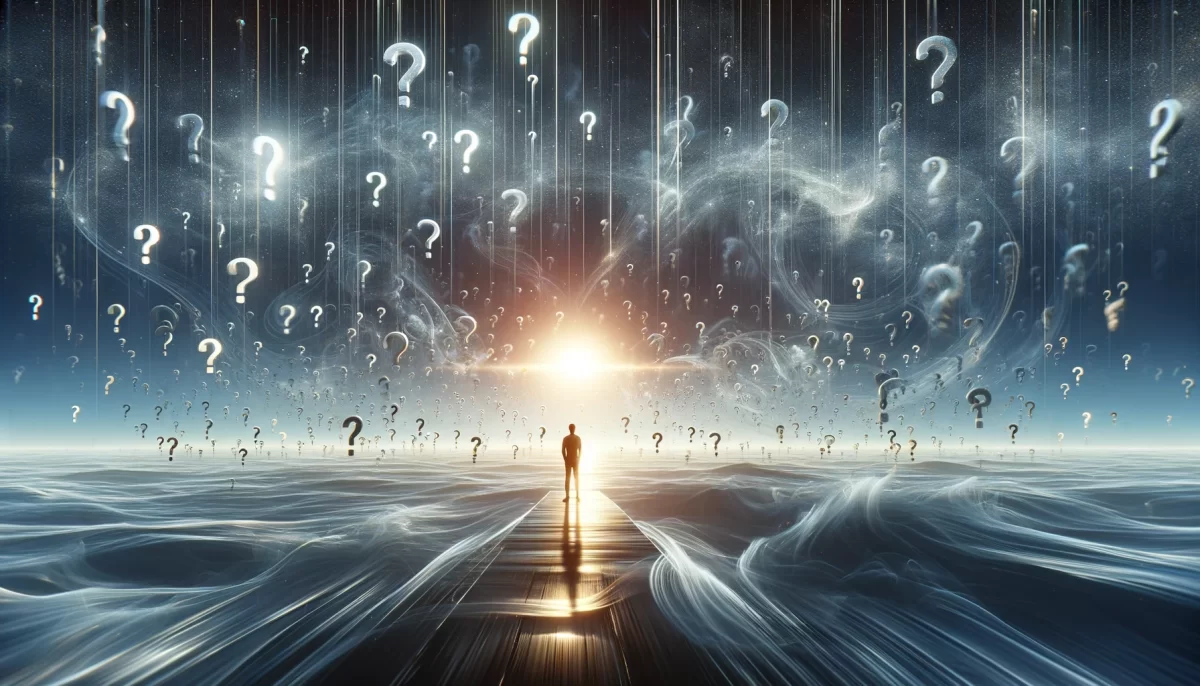

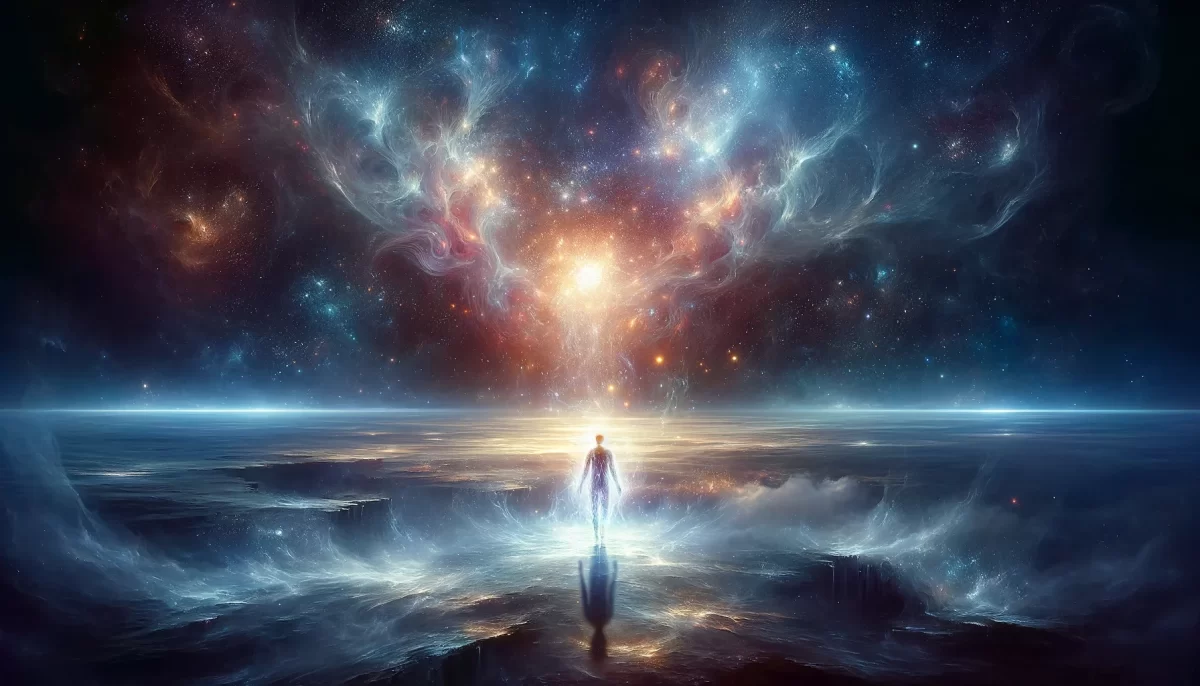
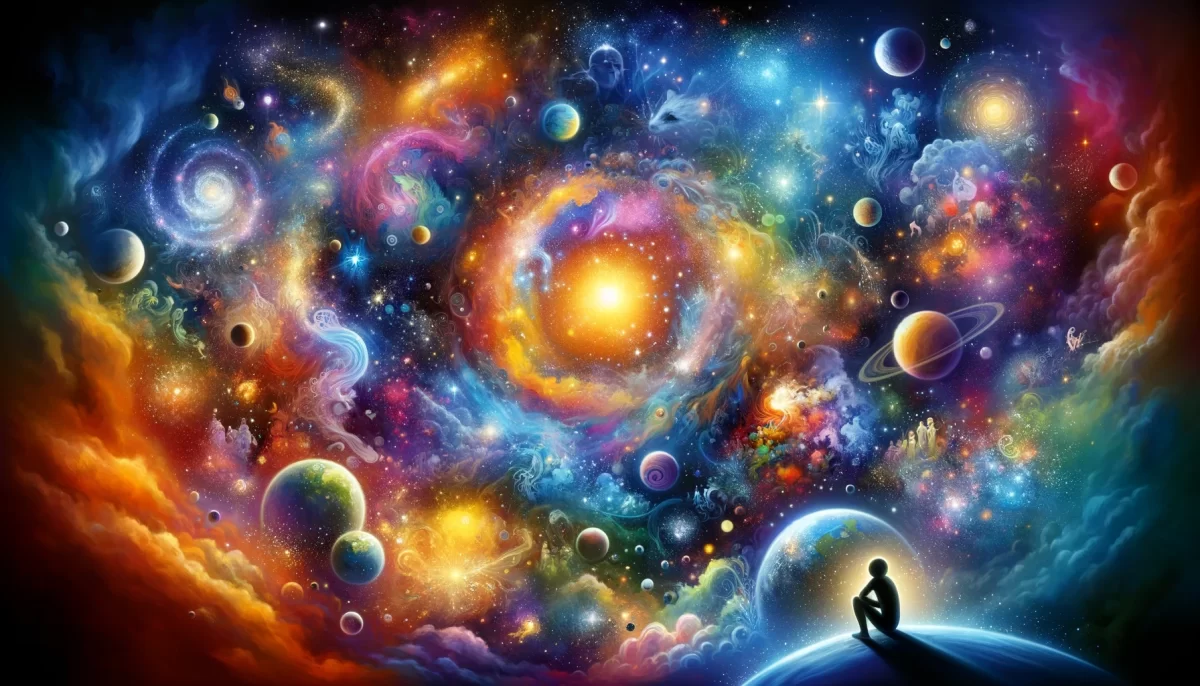
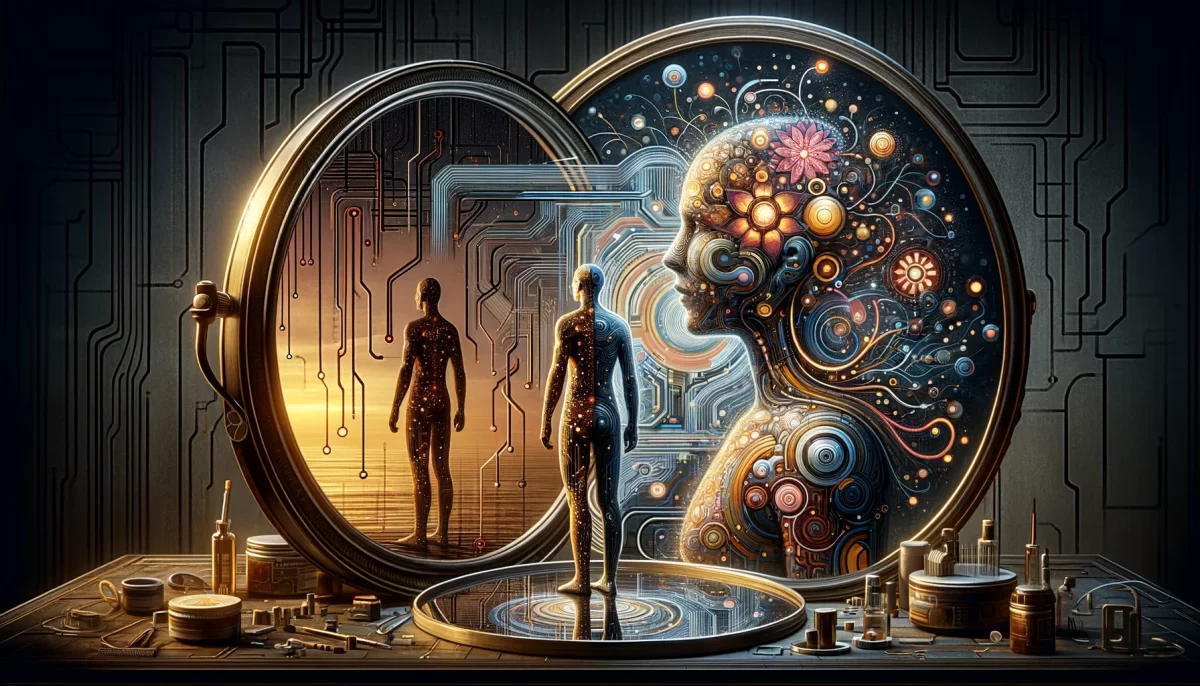

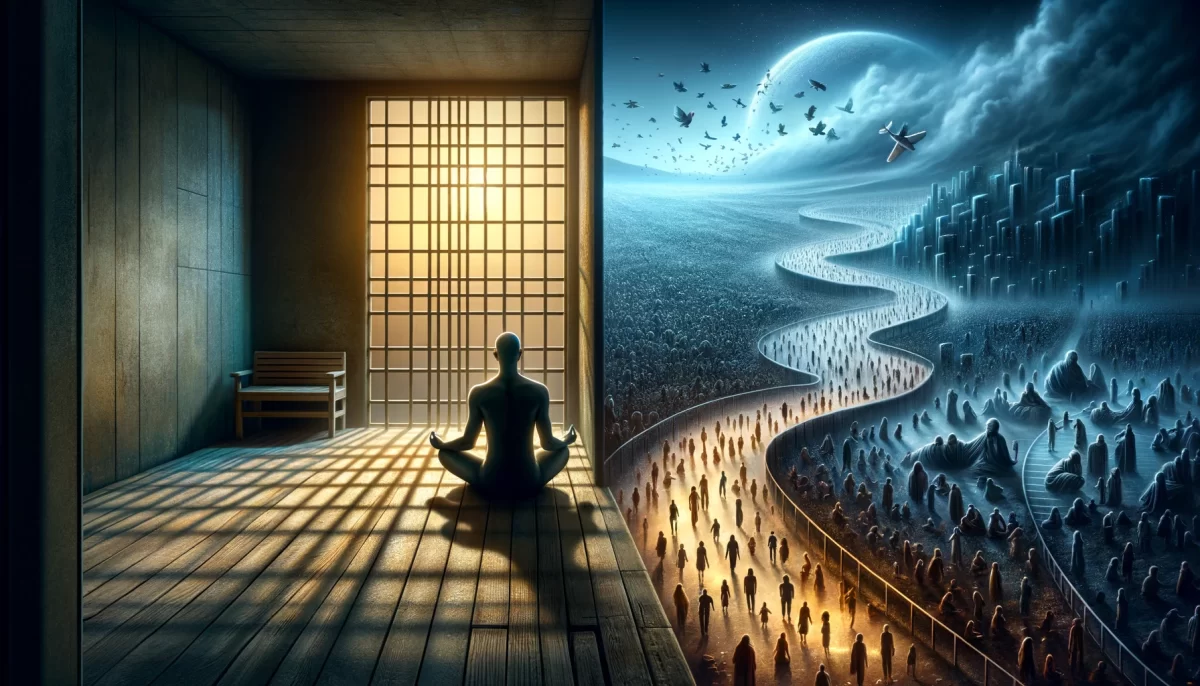

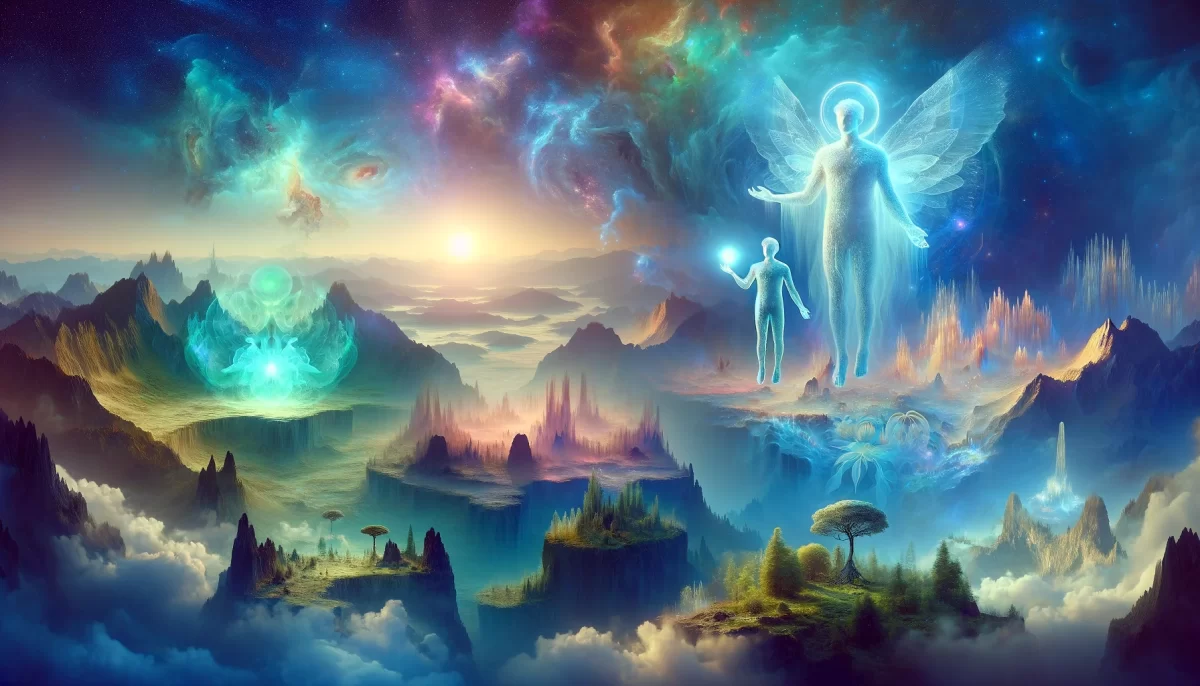
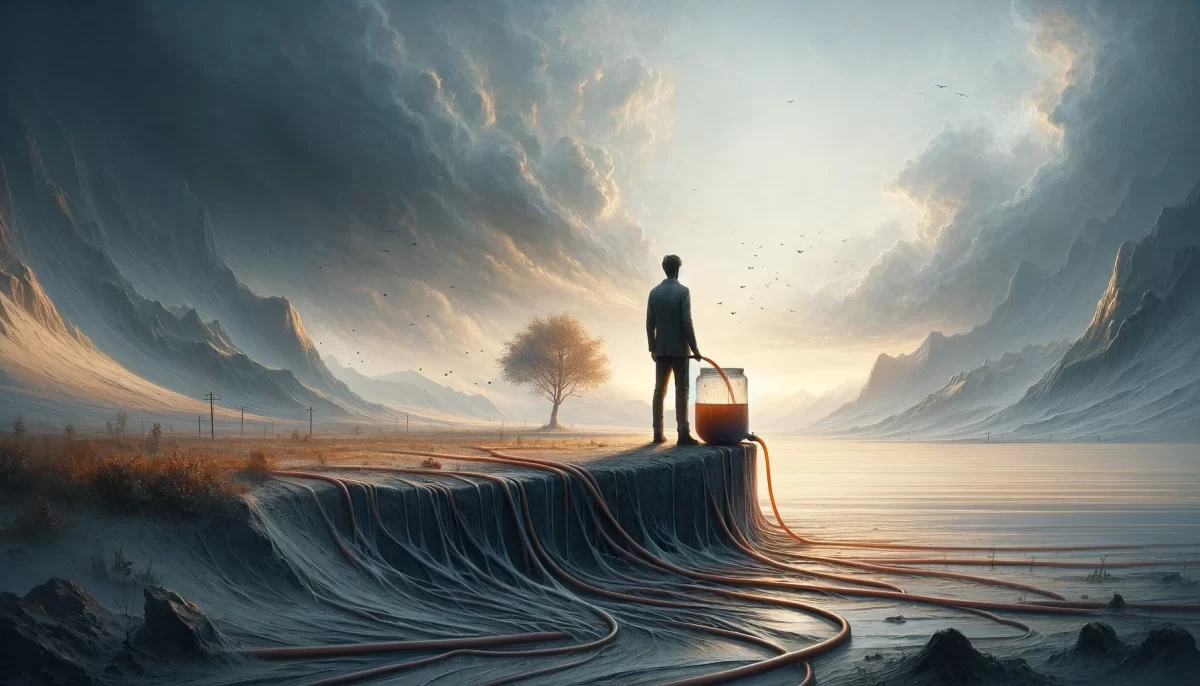
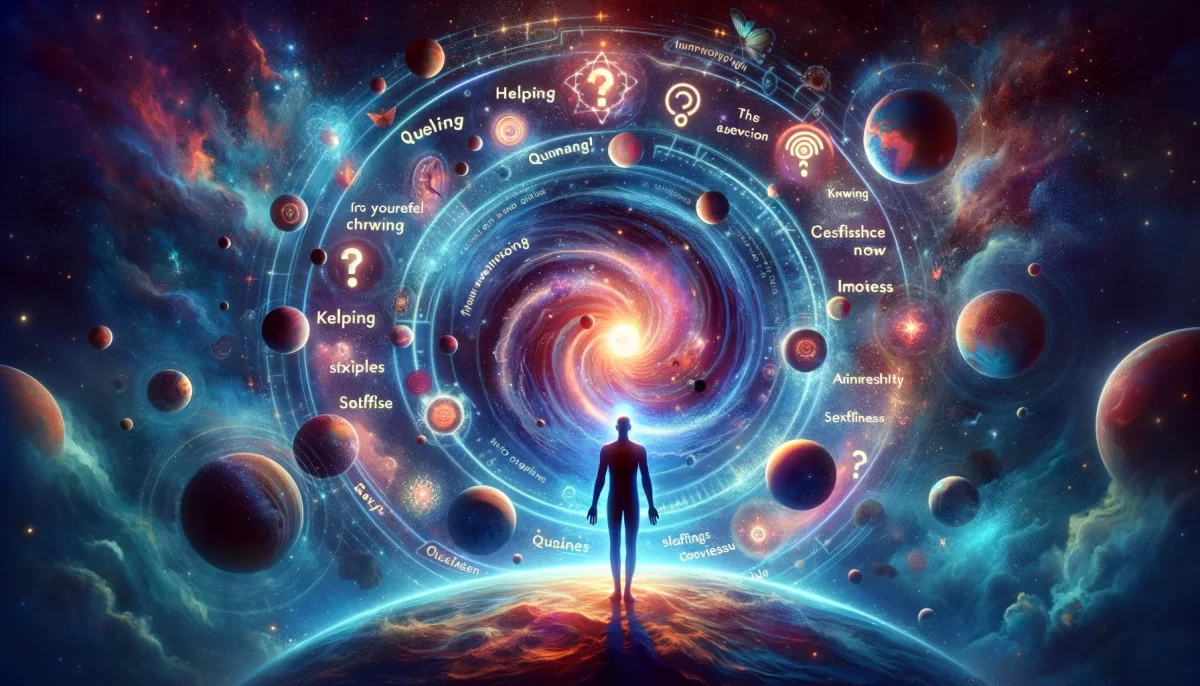

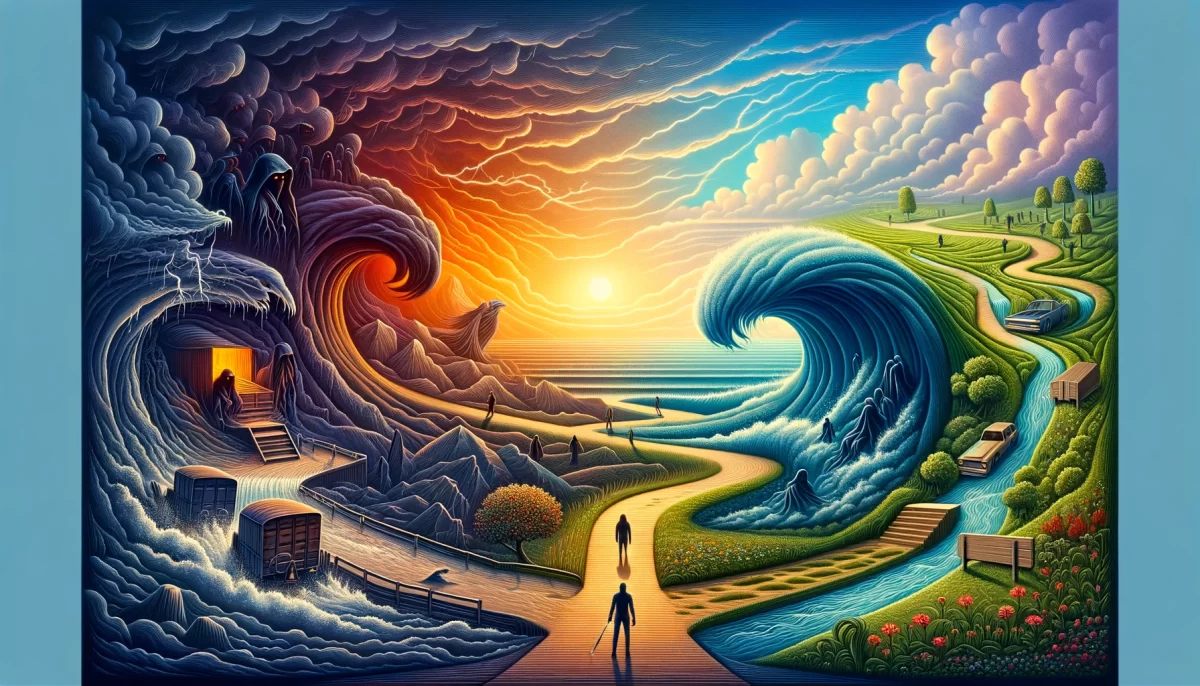
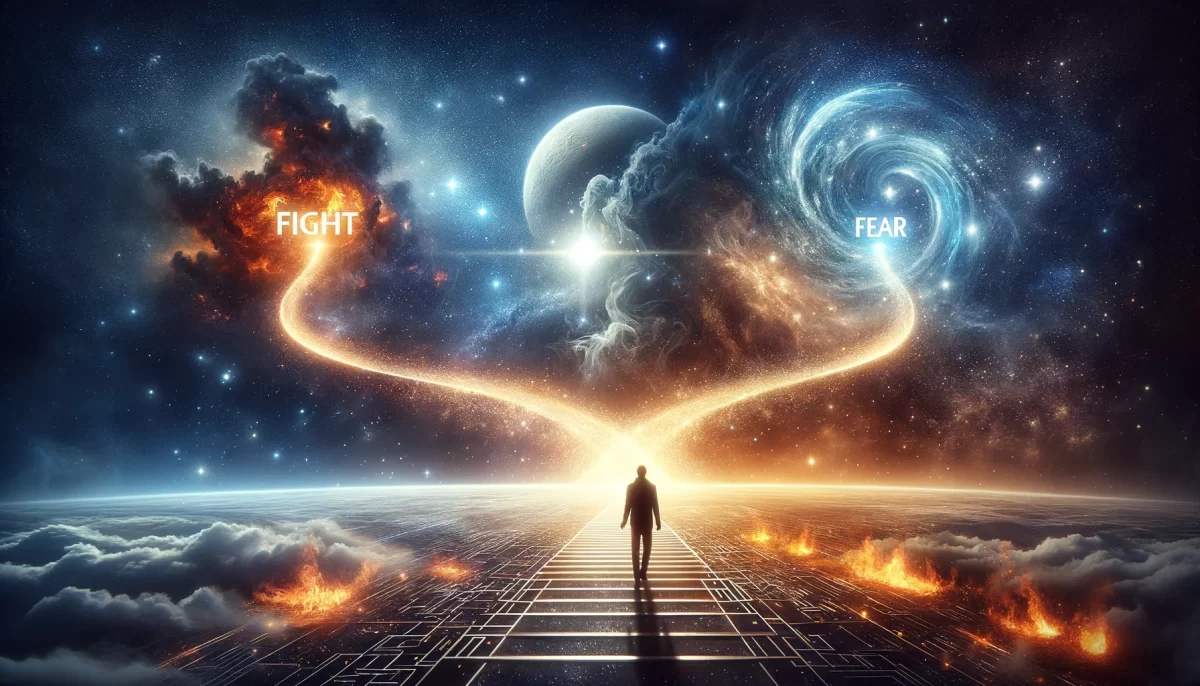

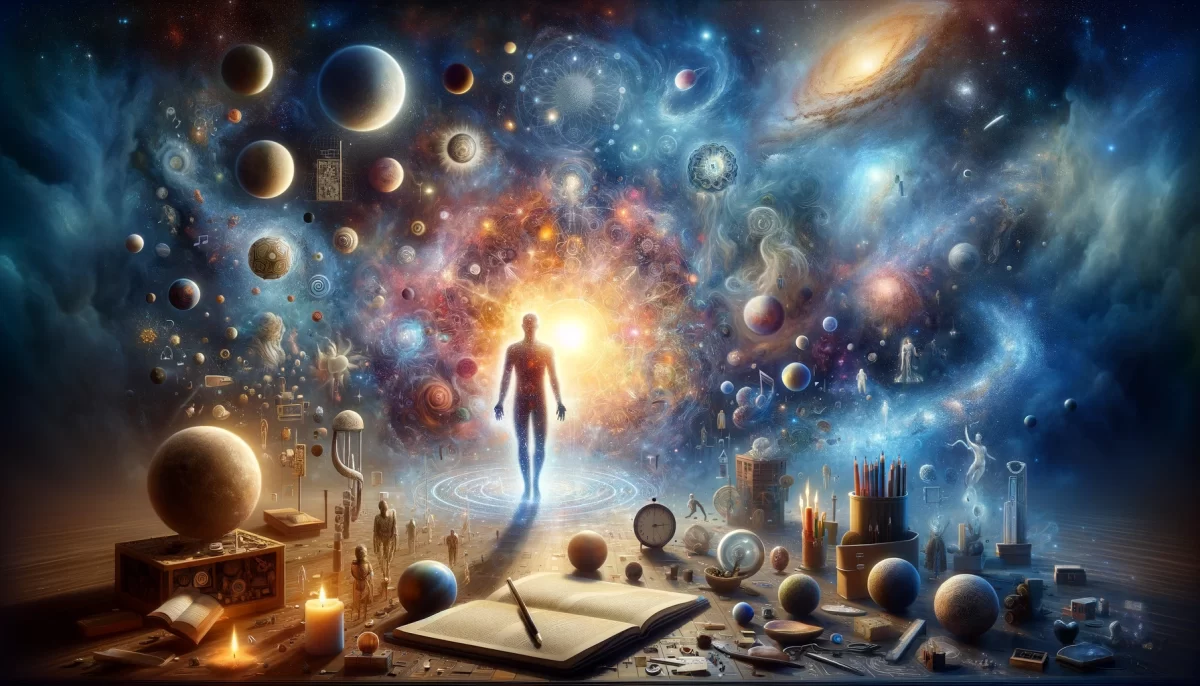
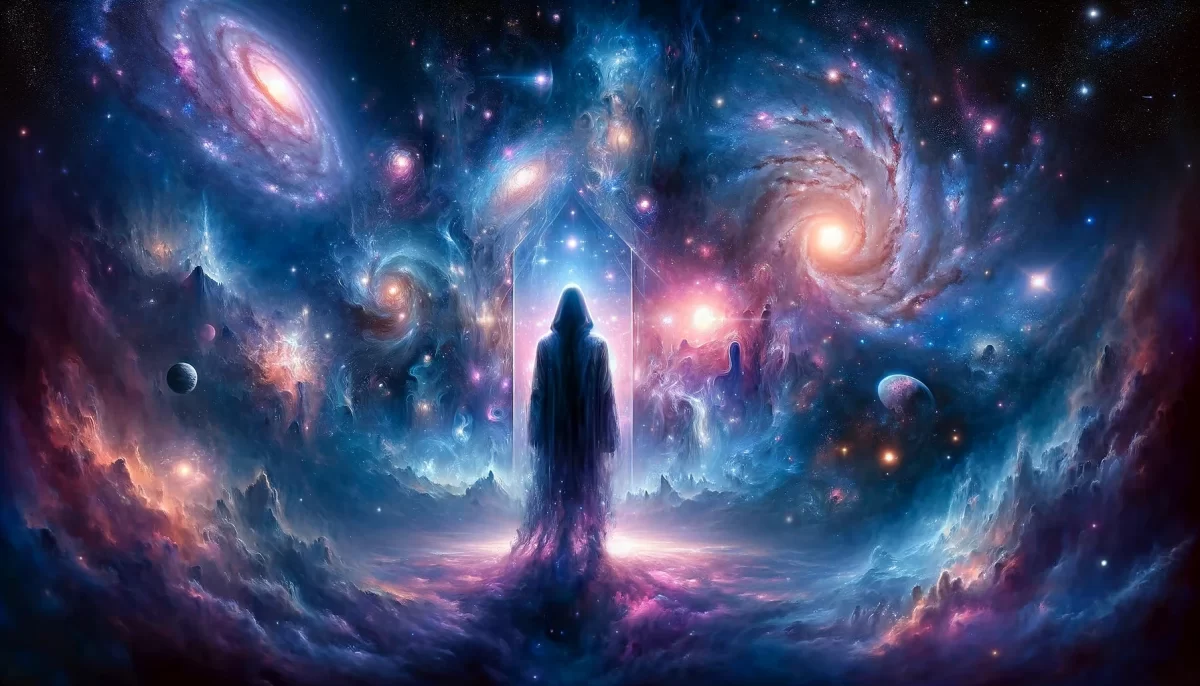
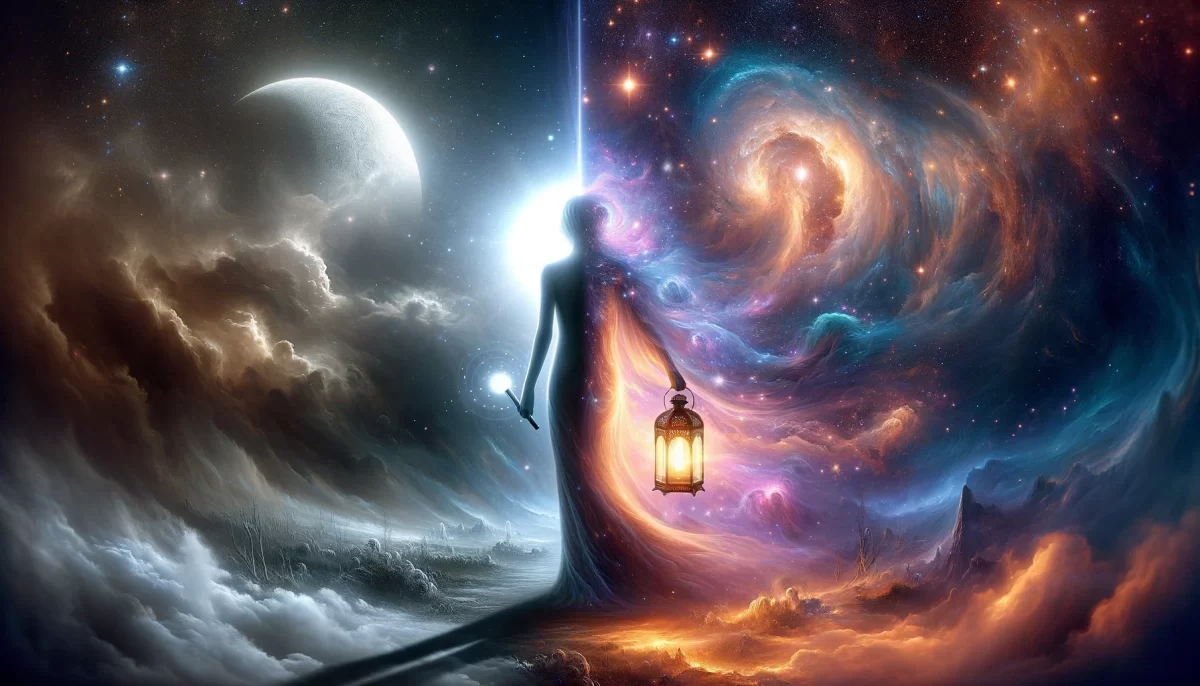

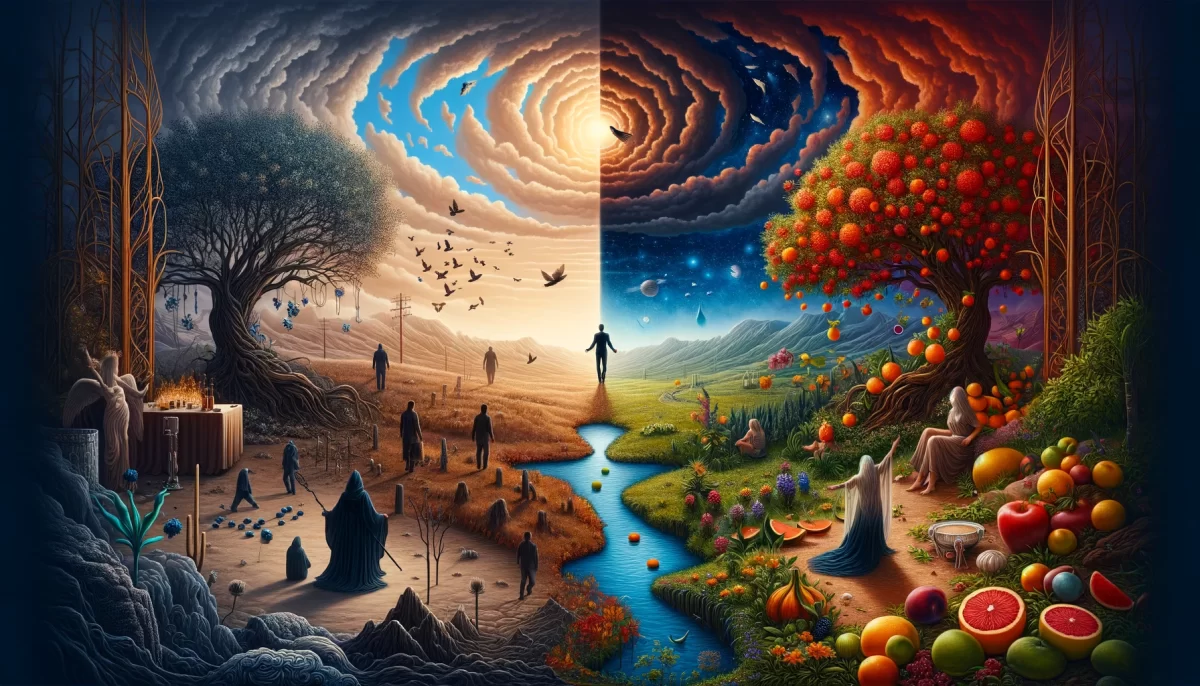
Leave a Reply